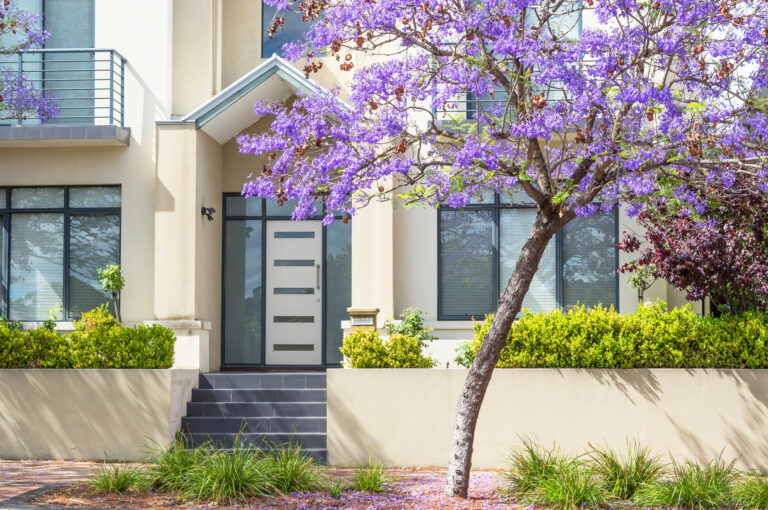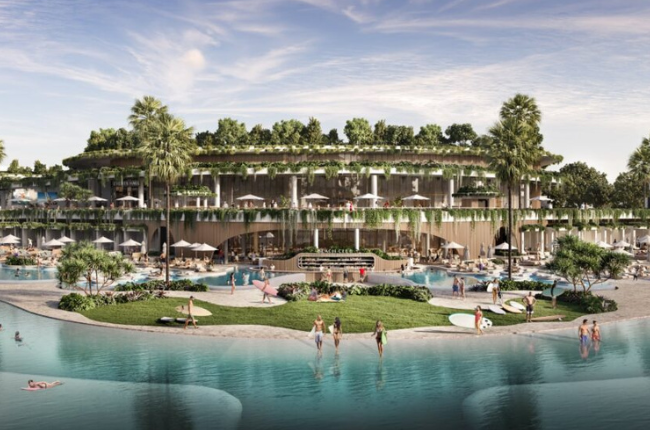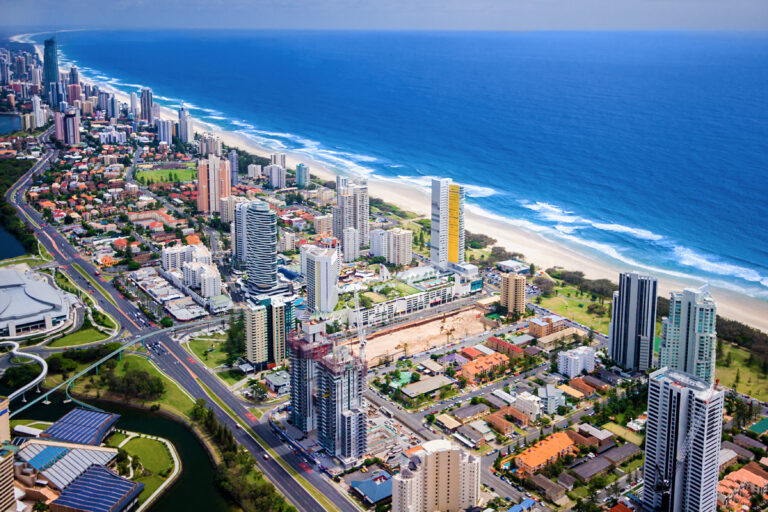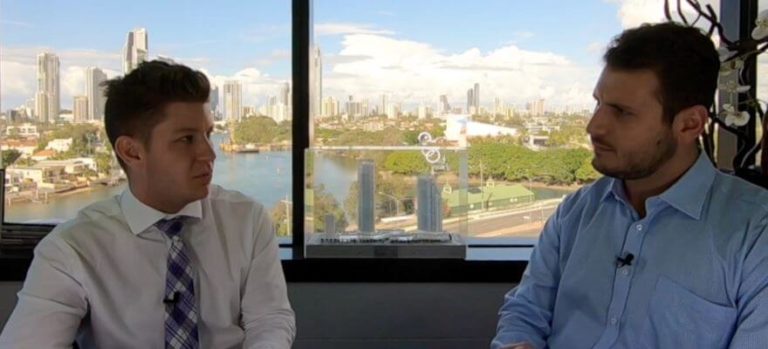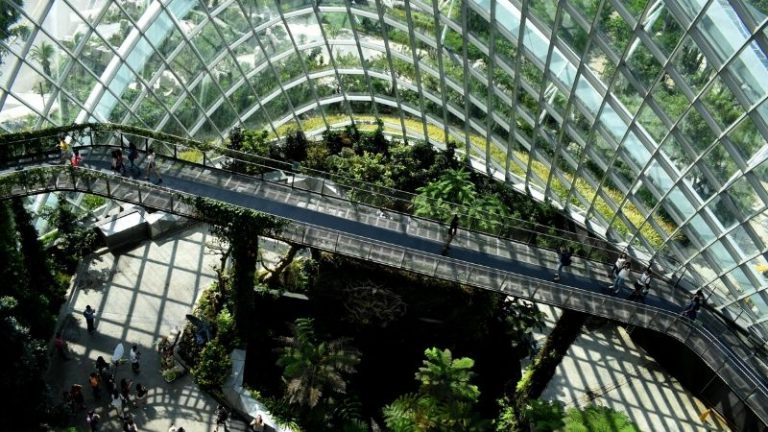The Queensland Government has backflipped on its controversial land tax legislation after being roundly criticised for its potential to discourage investment and worsen the rental shortage crisis. The tax was pulled after other states said they would not share property ownership data to help Queensland facilitate the tax, making the plan unworkable and unenforceable. REIQ CEO Antonia Mercorella says pushing ahead with the changes would have damaged property investor confidence at a time of the tightest vacancy rates in history, with residential rents soaring. There were widespread reports of investors abandoning plans to buy in Queensland and of owners selling their Queensland properties to avoid the expected consequences of the change, which was due to come into effect in July 2023. According to the State Government case studies, it would have caused land tax bills to quadruple. “Abandoning the contentious land tax regime will bring confidence back to the property investor market in a time of great uncertainty,” Mercorella says.
Gold Coast Projects Go Ahead
While some projects have been deferred on the Gold Coast because of rising construction costs, two well-established developers are pushing ahead with mega projects. Between them the developers, David Devine and Soheil Abedian, will deliver three luxury high-rises worth more than $900 million. Devine’s plans are to build an even bigger tower on a site which had previously been earmarked for redevelopment at Burleigh. He amalgamated the site with a neighbouring block and will now build a $400 million 24-storey tower with 100 units. “It’s not easy to amalgamate sites on The Esplanade, but when you do, it delivers a better result for both the apartment purchaser and the Gold Coast community as a whole,” Devine says. “When the opportunity presents itself, you need to grab it with both hands.” Work is expected to start on Soheil Abedian’s $255 million Mermaid Beach tower early next year. It will be a 36-storey sky home building on the northern side of Peerless Ave
Quote of the Week
“Despite some recent falls, prices are still significantly above their pre-pandemic levels. Regional areas remain up almost 50% since March 2020. Capital city prices are up 25% over the same time period.”
PropTrack Senior Economist Paul Ryan
Pace Of RBA Rate Rises Eases
In a sign that the current interest rate cycle may be close to ending, the RBA this week increased the cash rate by 25 basis points to 2.6%. While borrowers may be concerned about the rise, Mortgage Choice CEO Anthony Waldron says it is a “smaller hit” than previous rises and is a sign the RBA is starting to slow the pace of its “tightening cycle”. Waldron says recent rate rises have encouraged some home-owners to shop around for better deals on their home loans. He says while the rises have also resulted in some adjusting to household budgets, that is not being reflected yet in the economic data, which is why the RBA is still trying to combat inflation via rate increases. “The Reserve Bank’s decision to slow the pace of tightening is great news for households, but I don’t think we’ve seen the end of rate rises yet,” Waldron warns. Despite the recent rises, Mortgage Choice data shows the vast majority – 96% of borrowers during September – are opting for variable loans
New Data Shows Correction Is Slowing
The latest price data provides further indication that the price correction being experienced in some markets has slowed. Both PropTrack and CoreLogic figures show that the pace of decline has slowed in Melbourne, Sydney, Brisbane and generally nationally. Other capital city and regional markets are still recording price growth. PropTrack says the pace of price decline slowed in September, falling only 0.19%, which annualised would mean a decrease of about 2.3%. At the same time Hobart, Regional South Australia and Regional Tasmania recorded monthly increases. Both PropTrack and CoreLogic figures also show that apartment markets are faring better than house markets overall, and that regional markets continue to outperform city markets. In the year to date, according to CoreLogic, house prices have fallen 3.9% in the capital cities overall but have risen 3.2% in the combined regional markets. Nationally apartment markets have dropped only 1.9% in the year to date, but the combined regions have lifted apartment prices 4.6%
Multiple Moves To Ease Rent Shortage
The billions of dollars pumped into first home buyer schemes is inflating the cost of entry-level homes and making them less affordable, according to a new report. The report from the National Housing and Homelessness Agreement says high housing costs are forcing more people into the rental market, exacerbating the rental crisis. In an effort to free up more accommodation, a number of local councils are trying to force owners to pull their properties out of the short-term leasing market by charging owners higher rates. Sydney’s Randwick City Council voted to investigate rate variations for holiday rentals and look at the responses of other councils where short-term letting is exacerbating housing shortages and affordability. In June Brisbane City Council announced an increase in rates of 50% for landlords with holiday rentals who rent out their entire property for more than 60 days a year. On the Sunshine Coast Noosa Shire Council charges a $950 registration fee for short-term rental accommodation properties


